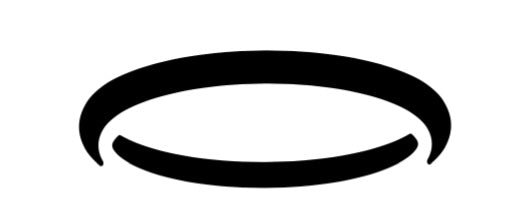So, you’ve likely encountered the term “protein” at the gym, on food packaging, and even at your local smoothie bar. So, what is it exactly, and should you even bother?
Spoiler alert: yes, you do. This isn’t only for those with ripped physiques and protein supplements. Let’s break it all down, no jargon, no fluff.
🧬 What Is Protein, Anyway?
Your body requires protein, carbohydrates, and fats—the three main macronutrients—to function correctly. Consider them the fundamental components of your muscles, bones, skin, and hair—in short, everything that makes up you.
Amino acids compose proteins. Your body produces some, but others—essential amino acids—must come from your diet. This is where your diet plays a crucial role.
💪 Why Should You Care About Protein?
Here’s how protein benefits you, regardless of your fitness goals.
Protein enhances muscle building and repair after any physical activity, such as walking, lifting, running, or stretching.
Helps you stay full longer, preventing impulsive overindulgence.
Your metabolism gets a boost from protein, as its digestion process consumes more energy.
Helps with recovery – especially after workouts, illness or even just a tough day.
🍗 Where Can You Get Protein?
Here’s the fun part: protein isn’t just in chicken breasts and protein powders. It’s in loads of tasty foods:
Animal Sources:
- Chicken, turkey, beef, lamb
- Eggs (an all-time protein MVP)
- Fish & seafood
- Greek yoghurt, cottage cheese, milk
Plant Sources:
Lentils, chickpeas, black beans
- Tofu, tempeh
- Quinoa, oats
- Nuts & seeds (and nut butters!)
- Plant-based protein powders
Top tip: Combine different plant sources for a complete amino acid profile. Think rice + beans, or hummus + wholemeal pitta.
🧮 How Much Protein Do You Actually Need?
Aim for 0.8–1g of protein per kg of body weight, or 0.36g per pound, daily.
Individuals who are active, building muscle, or recovering from an injury may require a higher protein intake of roughly 1.2–2g/kg.
You don’t need to hit it perfectly every day. Just aim for a balanced intake across meals and snacks.
🕒 When Should You Eat It?
While there’s no single best time, distributing your protein intake evenly is crucial. Eat a small amount with each meal to maintain energy levels and support muscle health.
Breakfast idea: Scrambled eggs or protein oats
Lunch idea: Chicken salad or lentil soup
Dinner idea: Salmon with quinoa and greens
Snack idea: Greek yoghurt, a protein bar, or nuts
⚖️ But Wait... Can You Have Too Much Protein?
It’s difficult for most to over-consume unless they’re consuming protein powder excessively. Stick to whole food sources when you can, stay hydrated, and listen to your body.
💡 Quick Recap:
✅ Protein is crucial for muscle growth, energy levels, and well-being
✅ It’s found in many foods besides meat
✅ You don’t need intense workouts to reap its benefits
✅ A balanced approach is superior to fixating on quantities
✅ You’ll be grateful later for incorporating protein now
📲 Forward this to a friend who believes protein is only for bodybuilders.
Or your mate who eats cereal for dinner every night. They’ll thank you later.

